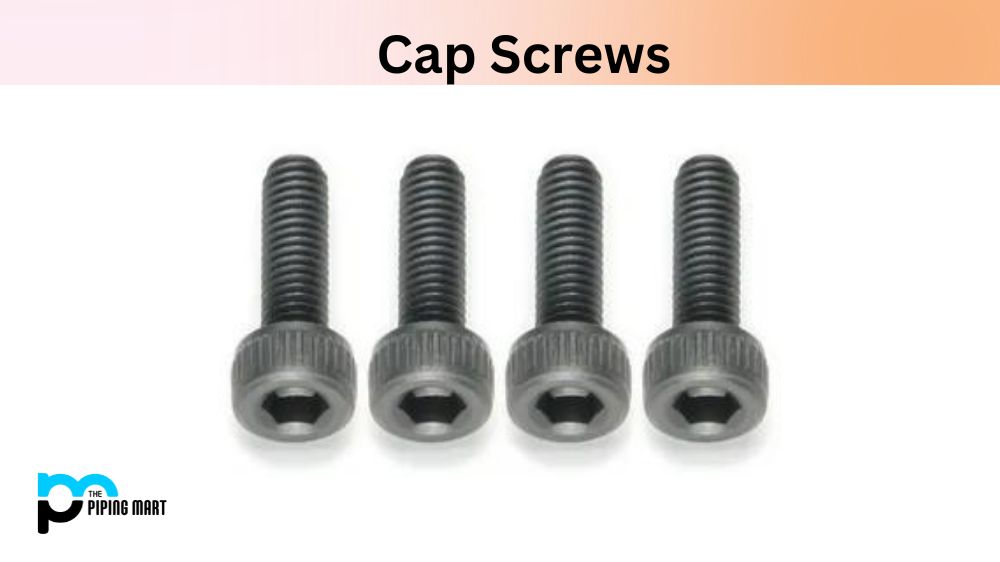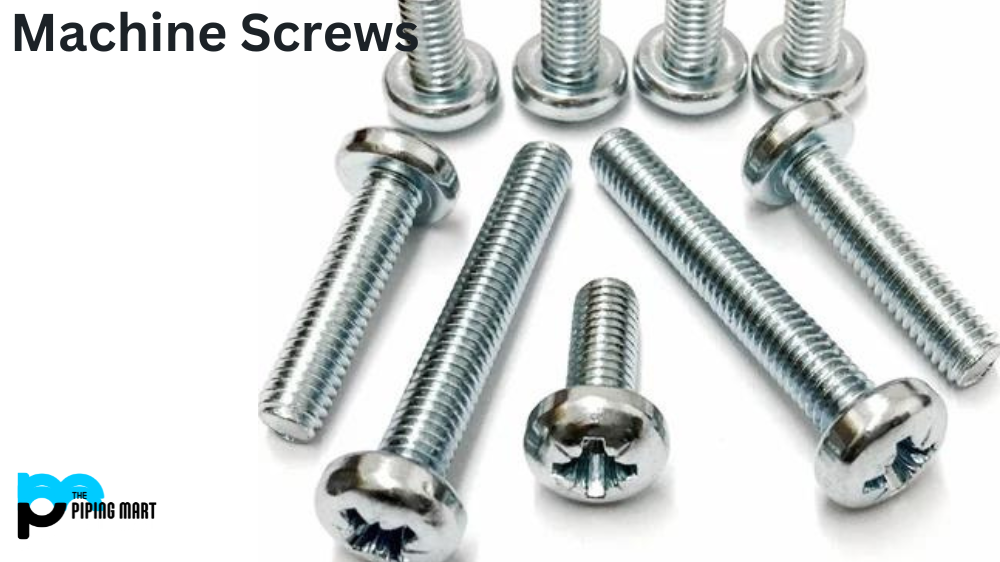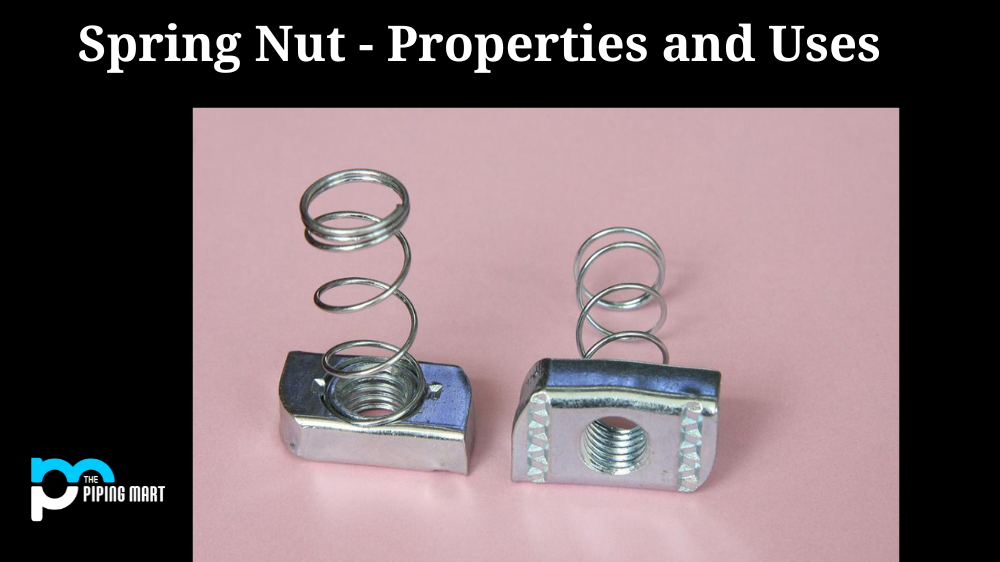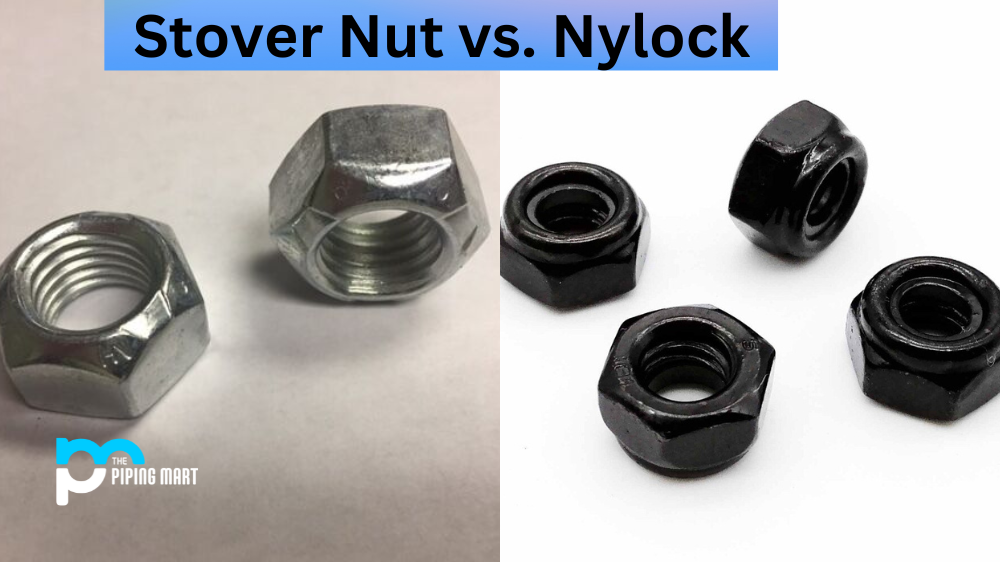Cap screws are one of the most commonly used fasteners in many industries due to their numerous advantages. These screws are known for their various features and benefits, including high tensile strength, excellent corrosion resistance, close fit tolerance, and more. However, despite their benefits, cap screws also come with some drawbacks. In this blog post, we’ll explore the advantages and disadvantages of cap screws, so you can decide whether they’re the right fastening solution for your needs.
What is Cap Screw?
A cap screw is a type of fastener, typically made from hardened steel and featuring either an internal or external threaded design. It is commonly used to secure metal components together and its head usually features a hexagonal shape for easy tightening with a wrench or other tool.
Advantages of Cap Screws:
High Tensile Strength: Cap screws are known for their high tensile strength, meaning they can withstand significant stress and tension without breaking or deforming. This makes them ideal for use in applications with heavy loads or stress on the fastener.
Excellent Corrosion Resistance: Cap screws are made from various materials, including steel, stainless steel, and brass. Their corrosion resistance is unmatched by other fasteners like bolts and nuts, making them ideal for applications where they will be exposed to harsh environments.
Close Fit Tolerance: Cap screws have a tighter tolerance fit than other screws or bolts. This means they are less likely to move or loosen, making them an excellent choice for precision applications where stability is key.
Disadvantages of Cap Screws:
Limited Flexibility: Cap screws are commonly used in applications that require a certain level of strength and rigidity. However, this means that they are unsuitable for applications where flexibility is required, such as those involving movement.
Higher Cost: Cap screws are generally more expensive than other fasteners like bolts and nuts. This cost may be a disadvantage for applications where the fasteners will be used in large quantities.
Need for Pre-Drilling: Cap screws often require pre-drilling of the hole in which they will be inserted. This can be time-consuming and may also result in additional costs.
Difficulty in Removal: Cap screws can be challenging to remove once installed. The high tensile strength that makes them so efficient as fasteners also makes them more challenging to remove, which can be a disadvantage in applications where maintenance or repair is required.
Conclusion:
In conclusion, while cap screws have numerous advantages, including their high tensile strength, excellent corrosion resistance, and close fit tolerance, they also come with drawbacks, including limited flexibility, higher cost, and a need for pre-drilling. It’s essential to consider the specific application and needs before deciding whether cap screws are the right fastening solution. By weighing the pros and cons, you can make the most informed decision to ensure that your fasteners provide the necessary strength, stability, and reliability.

Hey, I’m Krutik, a casual blogger expert in the metal industry. I am passionate about providing valuable information to my readers. With a background in engineering and construction, I like playing Cricket & watching Netflix shows in my free time. Thank you for visiting my blog, and I hope you find my information helpful!




